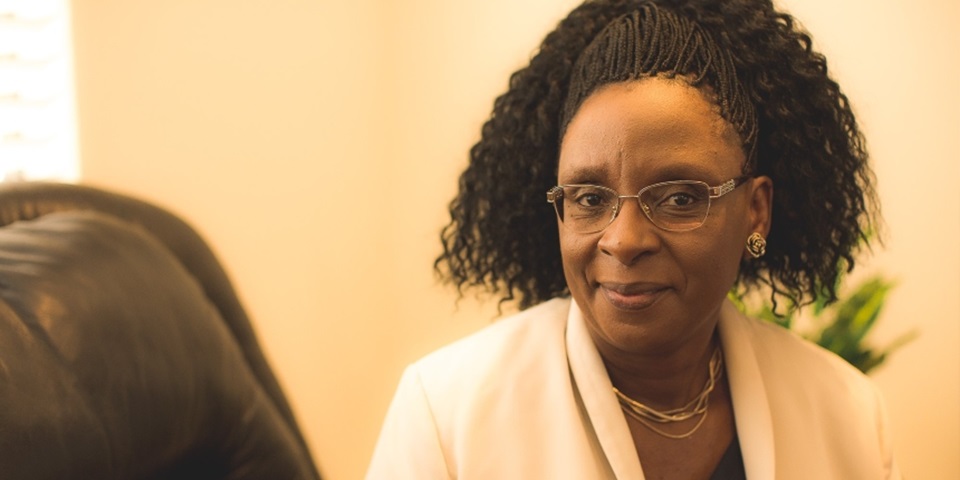News
Biosecurity expert awarded Fulbright Future Scholarship

Barbara Kachigunda from Murdoch’s Harry Butler Institute has been awarded a prestigious Fulbright Future Scholarship for her research into the surveillance and monitoring of wheat blast.
“Receiving the award fills me with gratitude and excitement, as it validates my current research work and its relevance towards biosecurity in the agricultural sector in Australia,” Kachigunda said of the award.Thanks to generous support from The Kinghorn Foundation, the Fulbright Future Scholarship provides recipients with a unique opportunity to take part in funded study and research programs that seek to have a positive impact on the health, livelihoods and prosperity of Australians.
The scholarships support projects that advance cutting-edge applied science, kick start innovative business collaborations, or further the development of impact-driven emergent technologies.
Kachigunda plans to use her Fulbright Future Scholarship to design an appropriate surveillance and sampling strategy for the wheat blast pathogen, Magnaporthe grisea.
The spread of wheat blast threatens global food security, so surveillance and monitoring are key to minimise the threat posed by this pathogen. This project has the capacity to determine the risk of the pathogen Magnaporthe grisea to the Australian grain industry and the wider environment, and the likelihood of the pathogen affecting Australian and USA wheat strains.
Undertaking this biosecurity project will provide information to support trade and market access, management and control of the M. grisea, as well as facilitate its early detection.”
Kachigunda will be based at the Biosecurity Research Institute at the Kansas State University for her research, providing a unique opportunity to exchange knowledge and enhance her expertise in biosurveillance.
“The history of the program is about social impact, cultural exchange and the advancement of research, which benefits local communities directly, as well as the wider global community,” explained Kachigunda. “Being part of that is an honour.”
With a focus on statistical modelling of biological and environmental data, Kachigunda has worked extensively as a statistical consultant in multi-disciplinary agricultural research and is an important member of the team at the Harry Butler Institute.
“I would like to acknowledge Professor Simon McKirdy, my supervisory team, my colleagues at the Harry Butler Institute and Murdoch University for their unwavering support and guidance, as well as their profound belief in my abilities to realise my full potential,” said Kachigunda.
Working alongside these great people has been inspirational and has motivated me to strive for excellence, following in their footsteps and standing on their shoulders to explore the research world.”
“When I return from the United States, I hope to share my knowledge and experiences at conferences, throughout Murdoch University and at industry functions. I am also keen to enhance the awareness of women’s role in science, and more specifically in biosecurity.”
About the Fulbright Program
The Australian-American Fulbright Commission is a non-profit organisation sponsored by the Australian and United States governments, as well as other institutional and business partners, private bequests and endowments.Around the world, the Fulbright Program has a rich history and proud legacy of supporting educational excellence and cultural exchange. As a leading scholarship program between Australia and the United States, the Fulbright Program is recognised for its quality, values and opportunities.
The program promotes education and cultural exchange, in order to enhance mutual understanding and strengthen long-lasting, productive partnerships between Australia and the United States. It places a focus on supporting the development of professional, academic and personal excellence.
Since its establishment, the Fulbright Program has grown to become the largest educational exchange scholarship program in the world, operating in more than 160 countries.